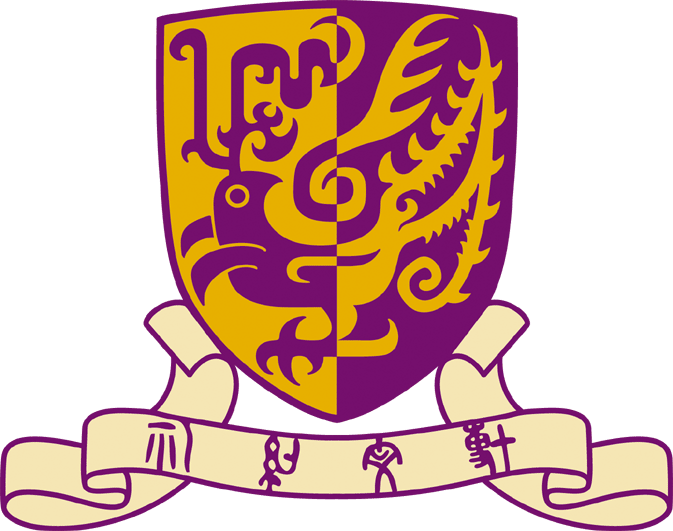
History of the Department
The Department of Anthropology at The Chinese University of Hong Kong has developed over the decades as an internationally recognized centre for the study of culture and society in Hong Kong, China, and Asia. Anthropology was first taught at CUHK in 1973 under the Board of Studies in Sociology. Anthropology was officially established as a Department in 1980. In 1987, an M.Phil. programme in Anthropology was introduced, and in 1992 the Ph.D. programme was started. The M.A. taught programme in Anthropology was introduced in 1998. In 2004, a Cultural Heritage Studies Minor was established. In 2016, an Archaeology Minor was initiated. Over the years, the Department has expanded from having six full-time teachers in the early 1990s to having twelve full-time teachers today.
The Department has long invited senior anthropologists of international reputation to visit the Department for seminars and to teach. Distinguished anthropologists who have spent time in the department range from Sidney Mintz, Edward Bruner and James and Rubie Watson in the 1990s to, over the last few years, Michael Herzfeld, Nicole Constable, and Ulf Hannerz, among many other notable anthropologists.
The Department has grown and changed in its research over the years, from focusing early in its history on Chinese ethnic minorities to today covering a wide range of contemporary Asian issues, from asylum seekers, domestic helpers and ethnic minorities in Hong Kong, to patents in Taiwan, to psychiatry in China, to East Asian food cultures, to cultural heritage in East Asia, to death in Japan and China, to prehistoric cultures in China and Southeast Asia, among other topics and areas. Its students study contemporary cultural issues throughout Asia, from insomnia in Hong Kong, to internet addiction, environmental pollution, and heritage development in China, to Chinese entrepreneurs in Europe, to the gem trade in Pakistan, to incense in Japan, to hijra in India, to gay activism in Korea, among numerous other topics. As anthropology worldwide has changed and broadened, so too has it changed and broadened at The Chinese University of Hong Kong.

